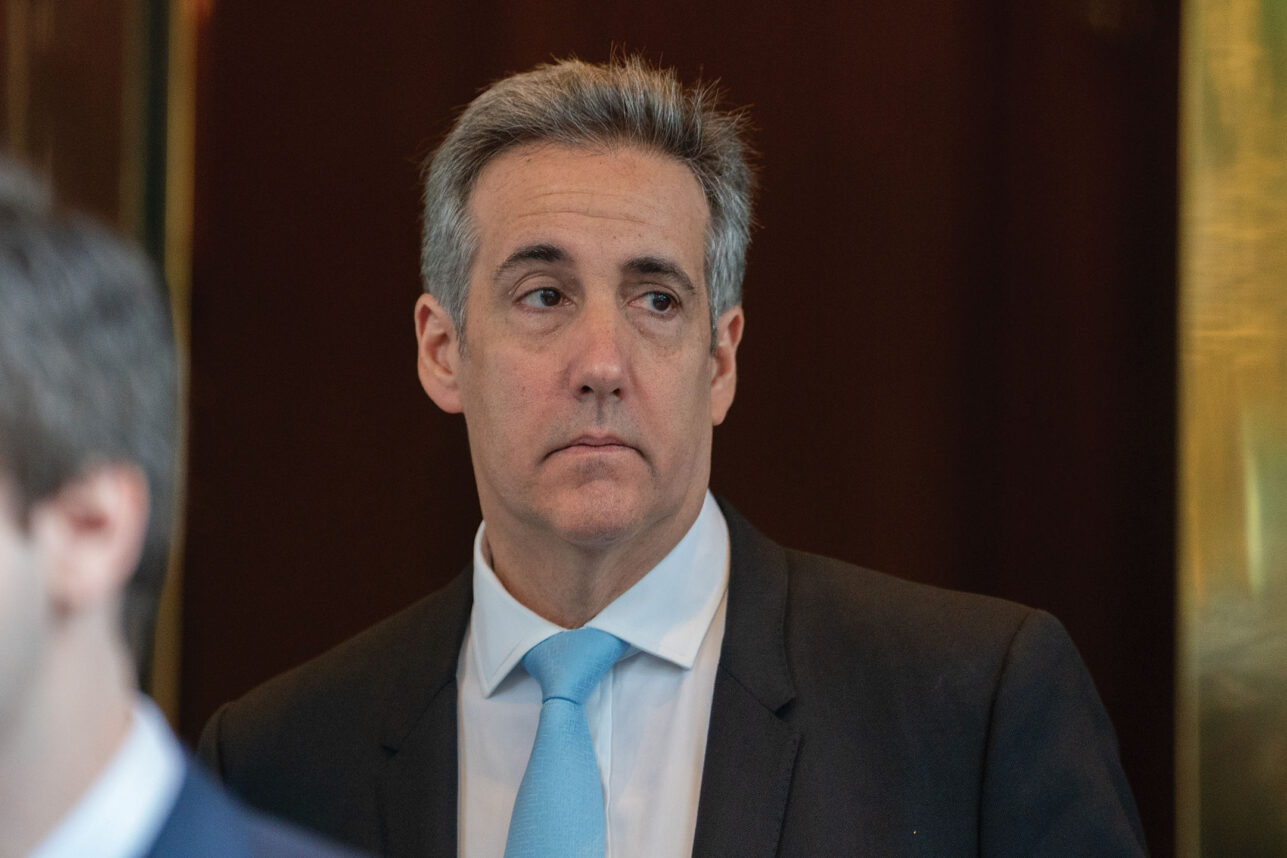I am certain that I am not the only person who left Sunday’s Solidarity Rally for Israel with a profound sense of unease. While I was not greeted with boos and jeers, like Peace Now’s David Pine (my speech elicited more confusion: “Wait, she’s a rabbi. Isn’t she on our side? What does she mean, ‘We can do better’?”), I was devastated by what I can only understand to be a tragic narrowing of the American Jewish heart and mind.
Let us be clear: Regardless of how we feel about the blockade and its necessity, last week’s events were tragic. Nine people were killed, many more were injured. Israel’s revered military and intelligence apparatus, once the envy of the world, suffered a devastating blow. (As one friend said, “There were 800 activists on those boats. We couldn’t sneak one Mossad agent on board to get an accurate read on the resistance commandos could expect to encounter?”)
Quick to capitalize on any tragedy for the sake of political gain, condemnations of Israeli policies and denunciations of Israel altogether began with a frenzy. One moderate Muslim group in Los Angeles, usually an ally, put out a press release stating that “Israeli commandos dropped from a helicopter and ‘immediately opened fire on unarmed civilians.’ ” Another wrote that he could no longer abide by the genocidal actions of the State of Israel. Add to the mix tens of thousands crying “Death to Israel” and burning flags in rallies around the world, and Helen Thomas’ absurdly well-timed invective, and fairly quickly the “tragedy” of the incident was superseded by the need, once again, to stand and defend Israel against vociferous attacks on the very legitimacy of the Jewish state.
And thus a rally is born. Let’s fight fire with fire, it is decided. We’ll bring thousands of Jews to the streets and show the world that we will not stand by as Israel is delegitimized. “You’re either with us or against us!” a speaker shouts. “YES!” the crowd hungrily replies. And in a heartbeat, a tragic episode, filled with complexity and nuance, becomes a Lakers’ rally, complete with flag waving, chanting and sloganeering.
Somehow, in the course of the past few decades, loving Israel has become synonymous with defending every policy of the government of Israel and every action of the Israeli military, a standard we, as good Americans, would never abide in this country. The ferocity of our fear of delegitimization has rendered us utterly incapable of engaging in intelligent discourse around Israel, has forced us to forget that dissent might truly be the highest form of patriotism, and that love without rebuke, as the rabbis said, is not real love.
What has happened to American Jewry that engagement with Israel has become a binary choice: Israel always right or Israel always wrong? I refuse to choose. The most powerful way for us to show our love of Israel is to push beyond the talking points and re-engage the dream that has animated our people for centuries — the dream of a democratic, pluralistic and diverse nation, one in which the Jewish past is honored and its future built, a country in which Jewish culture and language flourish and the spirit receives sustenance, and one that honors the dignity and equality of all its inhabitants. But that will require moving beyond sound bites and rallying cries, and instead embracing openhearted reflection and courageous action.
Wouldn’t it have been heartening if the Jewish community’s message to the world after the flotilla had been: “What a painful and tragic event. We know that we will never have peace until we can mourn one another’s losses. We affirm Israel’s right to defend itself, but we also realize that the status quo is untenable and pray that the world, rather than delegitimize us, will join hands with us and work to achieve a lasting peace.”
Instead, we only proved that we could match their heartlessness and their narrow-mindedness with our own.
Sharon Brous is rabbi of IKAR, a spiritual community.






















 More news and opinions than at a Shabbat dinner, right in your inbox.
More news and opinions than at a Shabbat dinner, right in your inbox.